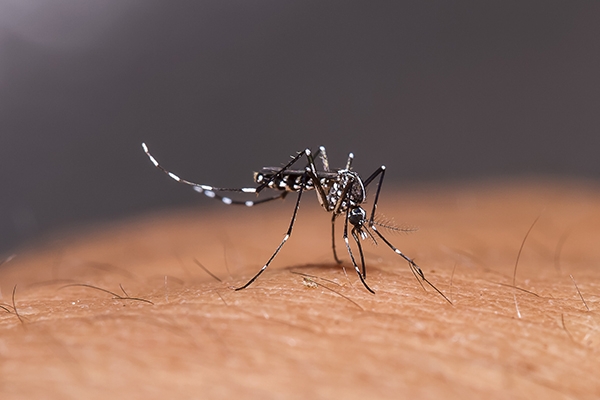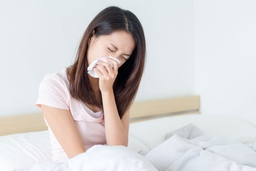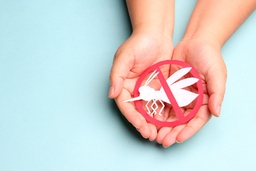Fever and Joint Pain That Won’t Go Away? It Could Be Chikungunya

You’ve just returned from vacation or outdoor activities. Suddenly, a high fever strikes. Your joints hurt so badly that even getting out of bed feels impossible. At first, you might think it’s just the flu or dengue fever. But it could be Chikungunya, a disease that has recently resurfaced in Indonesia.
At the start of 2025, heavy rainfall in several regions of Indonesia brought some troubling news: a rise in Chikungunya cases. Five provinces reported outbreaks, with West Java recording the highest numbers.
The story of Chikungunya began in Tanzania in 1952. From there, the virus “traveled” across the globe, reaching Southeast Asia, Africa, and even the Americas.
Its name comes from the Swahili language, meaning “that which bends up” or “stooped,” referring to the hunched posture of patients suffering from severe joint pain in the hands and feet.
Transmission is alarmingly simple. Just one bite from an infected mosquito, and the virus enters your body.
Chikungunya is spread by infected female mosquitoes—primarily Aedes aegypti and Aedes albopictus. These are the same mosquitoes that can also transmit dengue and Zika viruses.
They bite mostly during the day, especially in the morning and late afternoon. Aedes aegypti can feed both indoors and outdoors, while Aedes albopictus usually bites outdoors.
Both species lay eggs in stagnant water—such as in containers, old tires, or rain puddles.
Symptoms

After an incubation period of 2–20 days, Chikungunya infection causes symptoms such as high fever followed by intense joint pain—most commonly in the wrists, fingers, ankles, feet, and knees. Sometimes the pain also affects the hips and shoulders.
This pain can last for days or weeks. In some cases, it persists for months or even longer. The good news is that once you recover, your body usually develops lifelong immunity against the virus.
Chikungunya symptoms are often mistaken for dengue fever or Zika, which can lead to misdiagnosis. There is no specific antiviral treatment.
Care focuses on easing the symptoms:
- Drink plenty of fluids to prevent dehydration.
- Get adequate rest.
- Take pain relievers like paracetamol (but avoid aspirin or NSAIDs until a doctor confirms the diagnosis).
Who is at higher risk?
Chikungunya is rarely fatal, but it can be more severe in:
- Older adults over 65 years.
- Newborns are infected at birth.
- People with chronic illnesses such as heart disease, hypertension, or diabetes.
A warning for travelers

If you plan to travel to areas experiencing a Chikungunya outbreak—whether within Indonesia or to other tropical countries—protect yourself from mosquito bites from day one of your trip.
Wear long-sleeved clothing, apply mosquito repellent regularly, and sleep in a safe environment (use mosquito nets or stay in air-conditioned rooms). Remember, just one mosquito bite can leave you with an unwanted souvenir.
Prevention: don’t wait for mosquitoes to strike
The key to prevention lies in mosquito control. Apply the “3M Plus” strategy:
- Drain water containers regularly.
- Cover water storage tightly.
- Recycle or dispose of unused items that can collect water.
- Plus: Use mosquito repellents, install window screens, keep drains clear, and add larvicide (abate powder) to water storage if necessary.
Don’t wait for mosquitoes to “find” you first. Recognize the symptoms, protect yourself and your family with simple prevention steps.
If you develop sudden fever accompanied by severe joint pain, seek medical care immediately for an accurate diagnosis.



